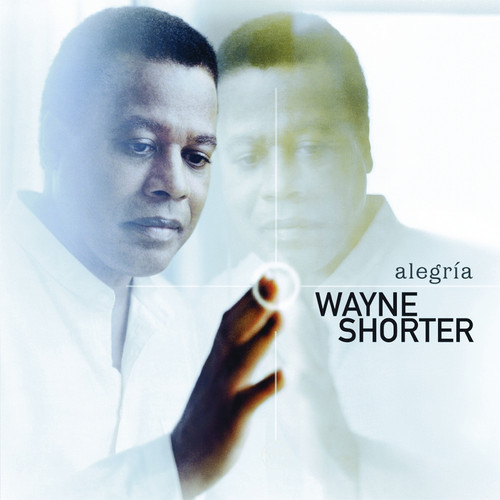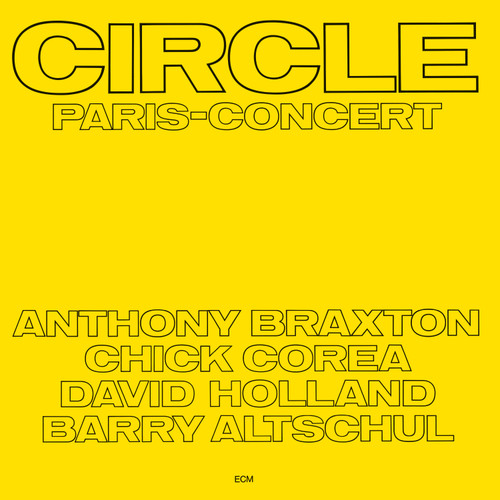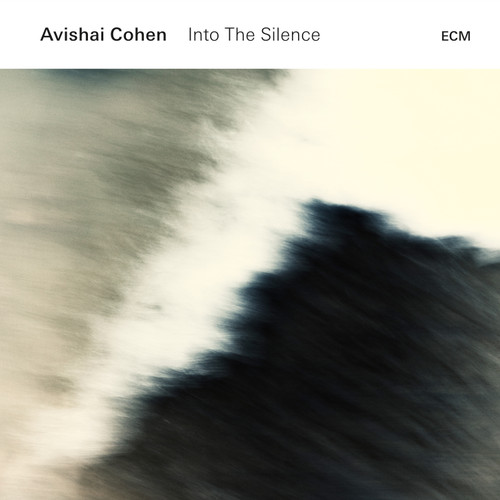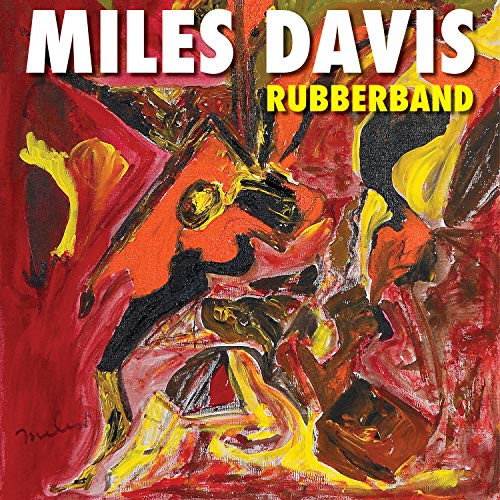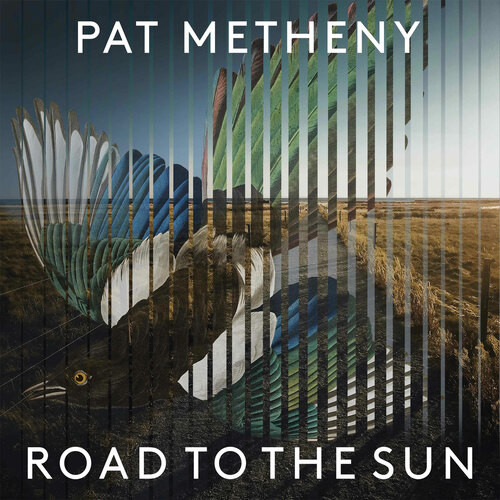With 2002's "Footprints Live", nearly two decades of false alarms about a Wayne Shorter 'comeback' finally gave way to the real thing -- at least to many critics who welcomed his return to highly cerebral acoustic post-bop. Yet the follow-up, "Alegria" -- apparently Shorter's first all-acoustic studio album as a leader since 1967 -- is where Shorter really starts to get creative again. The rhythm section from "Footprints Live" -- pianist Danilo Perez, bassist John Patitucci, and drummer Brian Blade -- is intact on three tracks. On others, Brad Mehldau -- with his very different conception of sound -- is the pianist, Terri Lyne Carrington subs on drums, Alex Acuna adds percussion, and new, unusual timbres are supplied by a wind/brass ensemble. As on "Footprints Live", Shorter revisits some old tunes from his relative youth, but not nearly in the same way. In "Orbits", which was given a racetrack post-bop run by the Miles Davis Quintet, Shorter slows it way, way down, virtually deconstructing the tune, backed by a quizzical chart for winds and brass. Likewise, "Angola" and "Capricorn II" are altered nearly beyond recognition. Indeed, at this point in the 21st century, it was fascinating to see both Shorter and his former Davis bandmate, Herbie Hancock, radically reinterpreting their past, working separately yet often using the same bassist and drummer (Patitucci and Blade) and recording for the same label. Yet, the core message of this album is that Shorter was ready to move on to different things, drawing material from almost anything that caught his attention while soloing in top form on tenor and soprano saxes. With a wild soprano wail, Shorter leads off the album with his new, absorbing boogaloo "Sacajawea", one that soon morphs into searching, nearly free jazz, with a magisterial solo from the composer. At last, someone in jazz chose to deal with both tunes from Leroy Anderson's Spanish-flavored light classical masterpiece "Serenata" rather than just the lush second subject -- and Shorter decorates them with a complex featherweight orchestration. Though Acuna's bongos pop away in the foreground, Shorter does maintain the melancholy feeling of the familiar aria from Villa-Lobos' "Bachianas Brasileiras No. 5", with cellist Charles Curtis eloquently stating the tune, until he destabilizes things in the middle of the track. As he approached his 70th birthday, this disc seemed to confirm a long-awaited creative Indian summer for Wayne Shorter.
Mit "Footprints Live" von 2002 wichen fast zwei Jahrzehnte der Gerüchte über ein Wayne Shorter-'Comeback' endlich der Realität - zumindest bei vielen Kritikern, die seine Rückkehr zum hochgradig intellektuellen akustischen Post-Bop begrüßten. Doch im Nachfolger "Alegria", dem ersten rein akustischen Studioalbum von Shorter seit 1967, beginnt Shorter wieder kreativ zu werden. Die Rhythmusgruppe von "Footprints Live" - Pianist Danilo Perez, Bassist John Patitucci und Schlagzeuger Brian Blade - ist auf drei Titeln komplett vertreten. Bei anderen ist Brad Mehldau - mit seiner ganz anderen Auffassung von Klang - der Pianist, Terri Lyne Carrington unterstützt am Schlagzeug, Alex Acuna fügt Percussion hinzu, und neue, ungewöhnliche Klangfarben werden von einem Bläserensemble geliefert. Wie bei "Footprints Live" greift Shorter einige alte Kompositionen aus seiner Vergangenheit auf, aber nicht annähernd auf die gleiche Weise wie seinerzeit. In "Orbits", das vom Miles-Davis-Quintett als Post-Bop wie auf der Rennstrecke gespielt wurde, verlangsamt Shorter das Tempo und dekonstruiert die Melodie, unterstützt von einem rätselhaften Chart für die Bläser. Ebenso sind "Angola" und "Capricorn II" fast bis zur Unkenntlichkeit verändert. An diesem Punkt des 21. Jahrhunderts ist es faszinierend zu sehen, wie sowohl Shorter als auch sein ehemaliger Davis-Bandkollege Herbie Hancock ihre Vergangenheit radikal neu interpretieren, getrennt arbeiten und dabei oft denselben Bassisten und Schlagzeuger (Patitucci und Blade) benutzten und für dasselbe Label aufnahmen. Doch die Kernbotschaft dieses Albums ist, dass Shorter bereit war, zu anderen Dingen überzugehen, indem er Material von fast allem zeichnete, was seine Aufmerksamkeit erregte, während er auf Tenor- und Sopransaxophon in Bestform spielte. Mit einem wilden Wehklagen der Sopranistin führt Shorter das Album mit seinem neuen, packenden Boogaloo "Sacajawea" an, das sich bald in suchenden, fast freien Jazz verwandelt, mit einem meisterhaften Solo des Komponisten. Weiterhin hat sich endlich jemand im Jazz dafür entschieden, die beiden Stücke aus Leroy Anderson's leichtem, klassischem Meisterwerk "Serenata" zu bearbeiten und nicht nur das üppige zweite Thema - Shorter schmückt sie mit einer komplexen, federleichten Orchestrierung. Obwohl Acunas Bongos im Vordergrund auftauchen, behält Shorter das melancholische Gefühl der bekannten Arie aus Villa-Lobos' "Bachianas Brasileiras No. 5" bei, wobei der Cellist Charles Curtis eloquent den Ton angibt, bis er die Dinge in der Mitte des Tracks destabilisiert. Als er sich seinem 70. Geburtstag näherte, schien diese Scheibe einen lang ersehnten kreativen Indian Summer für Wayne Shorter zu bestätigen.

